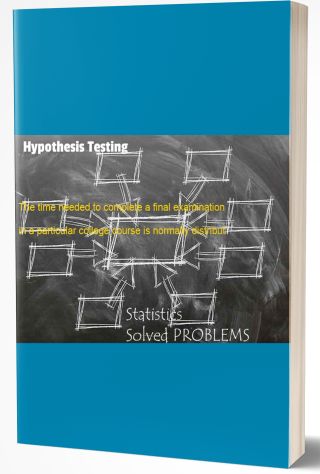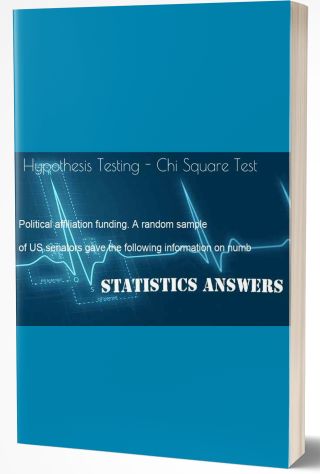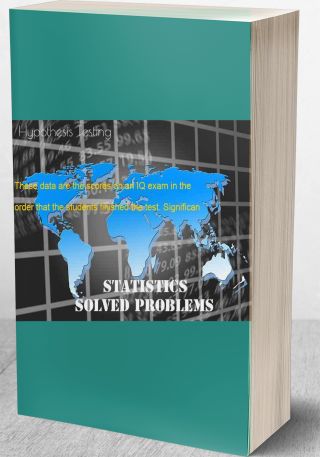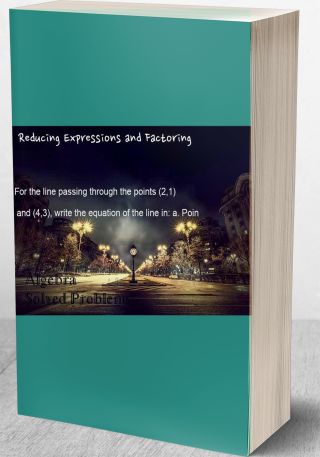Does mathematics self-efficacy correlate with student persistence in working difficult mathematics w
Question: Does mathematics self-efficacy correlate with student persistence in working difficult mathematics word problems? In a study of these two variables mathematics self-efficacy is assessed among 8th grade students and then each student is assigned the task of completing one word problem that is designed to take considerable thought and time, and eventually lead students to abandoning that problem before obtaining a solution. This particular problem is specifically designed to test persistence—time on task before desisting—in solving difficult mathematics problems. After self-efficacy scores are collected and time on assigned mathematics task is recorded, these two variables are correlated and produce a Pearson’s r = .04 (n = 30, alpha = .05).
(a) What does the result of r = 0.04 mean?
(b) Since r = 0.04, would the researcher reject or fail to reject the null hypothesis for this study? Explain why.
Deliverables: Word Document


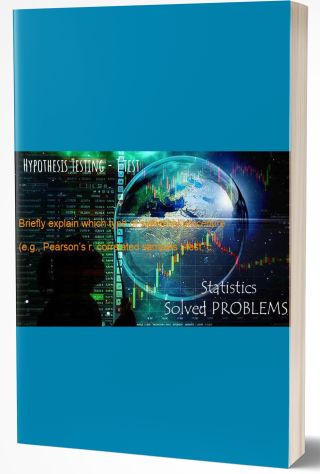
![[Solved] Explain the difference between independent samples and dependent samples. Classify the following as #8615 Hypothesis Testing](/images/downloads-images/featured/Probability-question-28032.jpg)
